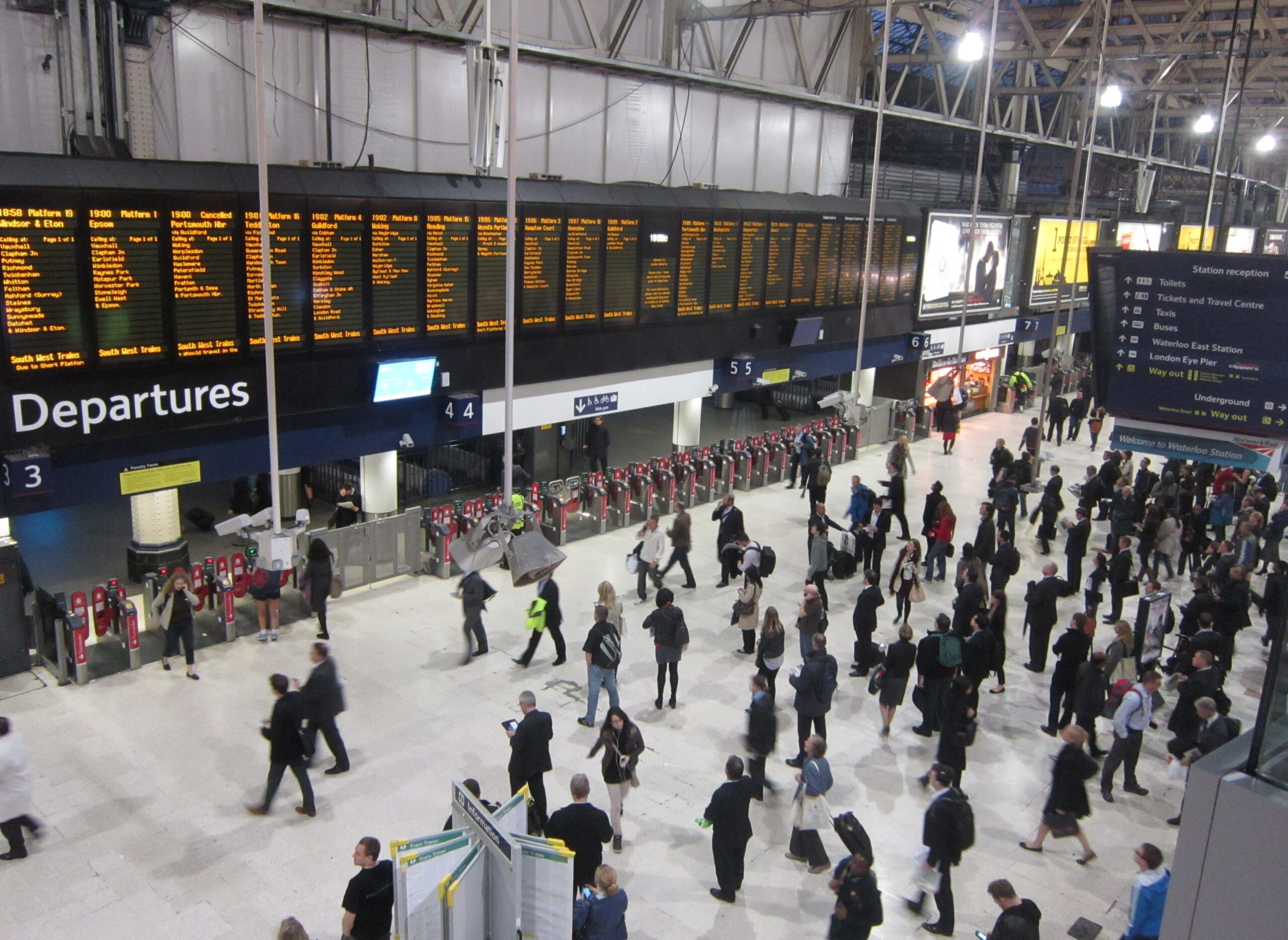Staff at government vetting agency are uneasy over ongoing use of technology, reports have claimed
Credit: Tayeb Mezahdia/PxHere
Unease is reportedly growing that the ongoing use of remote interviews to assess officials seeking clearance to view Top Secret-level information has increased the risk of a “catastrophic security breach”.
Officials at UK Security Vetting, which is part of the Cabinet Office, are concerned that increased use of online and phone interviews for so-called “developed vetting” introduced during the pandemic has become a permanent fixture, according to a report from the Daily Telegraph.
Developed and Enhanced Developed Vetting collectively represent the most stringent of the four levels of check delivered by UKSV. This level of assessment is required for only a limited number or roles where the postholder has “frequent and uncontrolled access to Top Secret assets”.
Vetting officers have told reporters that face-to-face interviews of up to four hours were vital to uncover individuals’ sexual, financial or personal secrets that could leave them vulnerable to bribery or blackmail by an enemy state – and that remote interviews were no substitute, according to the Telegraph.
The newspaper claimed it had been told by a whistleblower that UKSV had been “restructured” on the assumption that more interviews will be conducted by vetting officers working from home.
Related content
- Tech chief sought to oversee transformation of vetting services
- Criminal checks agency concludes that new IT system is ‘not suitable for further rollout’
- Government seeks £110k leader for Secret IT platform
One former vetting officer said it was “breathtakingly naive” to expect virtual interviews to be as effective as intense face-to-face sessions in persuading officials to confess their deepest personal secrets.
“Despite protestations to senior managers and even to the chief executive, this is the future of vetting,” they said. “There will be, at some time in the near future, a catastrophic security breach as a result.”
The Telegraph said the continued use of virtual interviews via “secure” platforms had been endorsed in a July 2021 policy notice following the build-up of a backlog of face-to-face interviews
The paper also quoted Whitehall historian and crossbench peer Lord Peter Hennessy describing the increased reliance on remote interviewing as “very regrettable” and likely to “seriously diminish” the DV process.
“Even if they asked the same questions, they would not have the same sense of me and me of them,” he said.
The Cabinet Office said there had not been a blanket switch to virtual processes for DV and that checks on applicants for sensitive jobs had not been weakened.
“Government security clearance procedures are extremely robust and involve a wide variety of checks,” a spokesperson said. “Decisions on whether interviews are undertaken face to face or virtually are taken on a case-by-case basis. This has no impact on the effectiveness of the process.”




